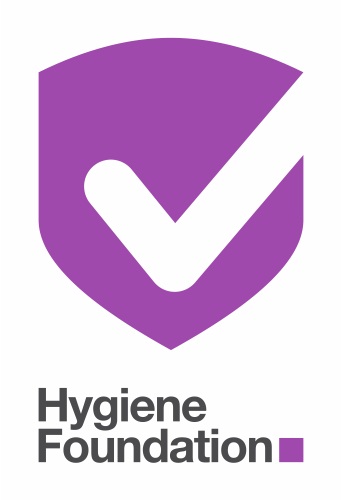Auckland businessman Puvanakumar (Kumar) Sundaramoorthy has recently become an Ambassador for the Hygiene Foundation, which aims to promote greater awareness on personal and public hygiene for healthier environment and health safety.
The Foundation, which is planning offices and activities in many parts of the world, could make a difference through persons like Mr Kumar who has close connections with businesses of South Asian origin, some of who need to adopt better hygiene standards.
Retail stores, superettes, restaurants and takeaway stores run by people of South Asian origin often come under critical inspection of local government authorities and hence activities of organisations such as the Hygiene Foundation can be of help.
Increasing awareness
Established in November 2012, the Foundation aims to increase awareness in hygiene Standards and educate the public and businesses on the easy steps that could be taken to reduce the risk of bacterial illness.
David Blake, its Chief Executive told Indian Newslink that good hygiene has the potential to prevent diseases but remains largely untapped.
“We want to change this and promote improved hygiene behaviour with water and sanitation to transform lives and make a huge impact in world health. Our Foundation understands that changing hygiene behaviour is a complex task,” he said.
Mr Blake said that hygiene belongs to the family of ‘Wash’ (Water, Sanitation and Hygiene) and that it can be easily flawed.
“Unfortunately between US$215 million and US$360 million in investment has been wasted on failed projects. In Africa alone there are about 50,000 stories of broken rural water pumps. We do not intend to add to these statistics; we are committed to the challenge and we want to get it right,” he said.
Preventing diseases
 Corporate Sales Manager Brian Shirley told this newspaper that New Zealand is constantly exposed to the risk of new viruses.
Corporate Sales Manager Brian Shirley told this newspaper that New Zealand is constantly exposed to the risk of new viruses.
“The effects of increased hygiene standards reduce the risk of illness and increase healthiness. Viruses are now becoming stronger with new strains that take lives. The Hygiene Foundation wants to reduce that risk in New Zealand and in other countries,” he said.
According to him, anything that looks clean need not necessarily be hygienic.
White Tick Certificate
The Foundation has developed a ‘White Tick Certificate,’ which it issues to places often frequented by people.
“It is a sign that the premises or place such as a gym, restaurant, takeaway store, supermarket and so on are committed to great hygiene standards. The Certificate assures people that these places are on a programme of constant improvement managed by the Foundation and implement recommendations to provide the safest, most hygienic premises for you and your family,” Mr Shirley said.
He said that as an Ambassador, Mr Kumar would promote the practice of hygiene standards among people of Indian origin and members of the ethnic communities from South Asia.
“We propose to have other ambassadors who are passionate about hygiene and practice this in their businesses and homes. We suggest that people follow easy hygiene standards, mainly around food Hygiene, hand washing and identifying high usage areas in your home and businesses,” Mr Shirley said.
With more than 25 years of experience in running medical centres in his native Sri Lanka and as an importer, distributor and retails an extensive range of food items, Mr Kumar understands the importance of hygiene.
“I am happy to be associated with the Hygiene Foundation because it is dedicated to encouraging people to improve the hygiene standards among people and in places. I believe that good hygienic practices prevent illness and promote good health.
“The Foundation is setting up hygiene schools in India and Sri Lanka as a beginning towards global presence and expansion,” he said.
Specialist Directors
Chris Ross, a management, marketing and sales expert and owner of Business Risk Assessment Limited is the Chairman of the Foundation.
Among its directors are Thomas Proft, Simon Swift, Thomas Proft (respectively Associate Professor and Senior Lecturer in Microbiology and Infectious Diseases, University of Auckland) and Dr Rakesh Sehgal (Department of Parasitology, Postgraduate Institute of Medical Education & Research, Chandigarh, India).
For further information call 0800-944838 or (09) 3660514
Email: d.blake@hygienefoundation.org.nz; b.shirley@hygienefoundation.org.nz;
A related story appears under Communitylink in this issue.




